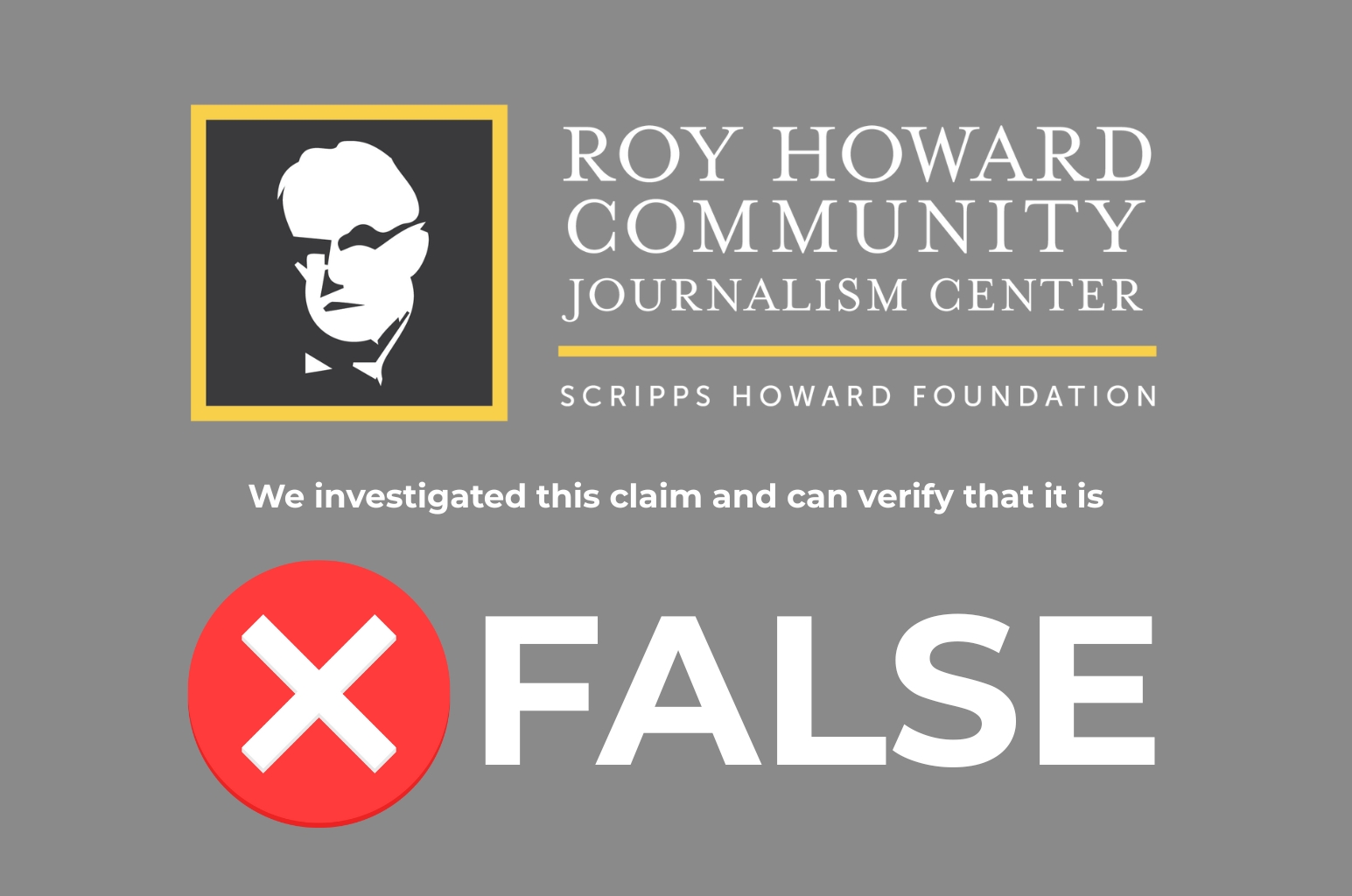Church loses tax exempt status
Published 12:13 am Wednesday, September 19, 2007
The back-and-forth continues over the tax exempt status of a local church.
Meridian Mayor John Robert Smith’s vetoed previous council action that granted Christ’s Church in Action tax exemption.
During the Sept. 4 council meeting, councilmen rescinded a prior revocation of the tax exemption to Christ’s Church in Action, located at 518 41st Ave. The Rev. Wade Demers serves as pastor of the church.
“ … Members expressed as a basis for rescinding its prior revocation of the tax exemption granted on the subject property that a room in the structure was being utilized as a ‘chapel,’” Smith read from a prepared veto message. “The corporation (religious society) initially asserted that the structure qualified for exemption as a community facility.”
Smith said that his investigation of the property revealed:
• The structure located on the property has been severely damaged by fire and is uninhabitable.
• The structure is boarded up pursuant to directions from the inspection department.
• As of Jan. 1, 2006, and Jan. 1, 2007, the structure did not have water or electricity or usable plumbing.
• The property is not and was not on Jan. 1, 2006, and Jan. 1, 2007, owned and used for any of the statutory purposes allowed by Miss. Code §79-11-33.
• No Certificate of Occupancy has been issued for the structure.
Smith said there is evidence the structure and property are being utilized for purposes incidental to the corporation’s activities. However, “the evidence is clear to me beyond reasonable doubt that the property does not qualify for tax exception under applicable statues.”
The mayor said he requested on the morning of the meeting for the city’s Inspection Division to go the property to insure that his findings were consistent with present conditions. According to a report by Mary Ruth Sharp, building official, who, along with Dwight Sullivan, plumbing inspector, met with Rev. Demers and his wife, to inspect he building, it was noted that ‘there is no water or electricity to this structure.”
Smith said the church is “free and encouraged to renovate the structure and reapply for exemption when the property is truly used exclusively for permissible church purposes.” But, until then, he would veto the council’s order.
“You passed a budget tonight and you passed millage. And that millage will be paid on the residences and businesses within this community,” Smith said. “I would like to believe and dare say that many elderly individuals in our community in their homes, which have water, sewer and electricity have a Bible and place they go to retreat to pray … It doesn’t make their home a tax-exempt chapel, nor have they ever come forward and asked for such an exemption.”
Smith said that he also found it hard to believe that the council could justify “a building that is burned, that has no water and sewer, no plumbing fixtures, no meter for the building as a chapel or place of worship.”
Smith asked the council to sustain his veto of the order.
In response, Ward 4 Councilman Jesse Palmer explained that the council returned the tax exemption to the church because the pastor and members “were not permitted to make this place successful for whatever they used it for. I am still of the opinion that they should be given the opportunity to do so.”
When Smith tried to respond, Palmer interrupted and said, “I am not going to hear this.” Palmer then asked the council to give the church the opportunity to make the necessary repairs.
Smith again tried to respond and said Palmer was leading the council into something that was illegal. Palmer reminded Smith that he had his opportunity to say what he needed to say.
Councilman Barbara Henson interjected and motioned for a vote. The council voted 3 to 1 to sustain Smith’s veto.
During the citizen’s comments of the meeting, Demers took to the podium. Smith left the room.
Demers read from a letter he had written to the council on Sept. 7 requesting that his church be placed on the routine agenda for the day’s meeting. He complained that he and his members aren’t allowed enough time to speak during meetings and are limited to five minutes. He also requested the council’s assistance in obtaining records from the police and fire departments concerning a June 8, 2003, fire at his church location.
As Demers continued to read from the letter — which included a demand that the city council “cease and desist from slander, lies, innuendo and falsehoods” concerning the tax exemption and the church — he began to speak as though he was preaching at the pulpit. He spoke louder and louder, and his voice trembled as berated the council — all but Palmer — for their actions. Many in the audience looked shocked and bewildered.
Letters were also read by Lucille Johnson, a member of Christ’s Church in Action and Demers’ wife, Patricia. Both expressed their disappointment of the council.
“My two dear friends … who have not broken one law, and who have only tried to help people in this city, have been so cruelly hurt,” Johnson said.
Several council members responded to the comments by Demers and his congregants. Ward 2 Councilman Mary Perry, who seemed a little troubled by the accusations, explained to the group that in order for the group to be placed on the routine agenda where they are permitted to speak longer, there must be something to vote on.
Perry also discussed the current conditions of the church.
“After the fire marshal’s report of his inspection, I have to say ‘No.’ I cannot say yes, until the building meet code,” she said. “But as soon as the building is fixed, I’ll be the first to vote to give you ad valorem tax exemption.”
Palmer said he did not like how the situation was being handled.
“I don’t like it; I’m not going to pretend that I do,” he said. “The mayor made an eloquent speech, he doesn’t know what he’s talking about. He hasn’t set foot in the place.”
Ward 3 Councilman Barbara Henson ended discussion on the subject by noting that the council has two main duties.
“We get calls from people who wonder why we don’t patch pot holes and do other things,” Henson said. “We do not have that authority. We are charged with passing laws and passing the budget. We cannot direct department heads or anybody in the administration in this form of government to do anything.”





